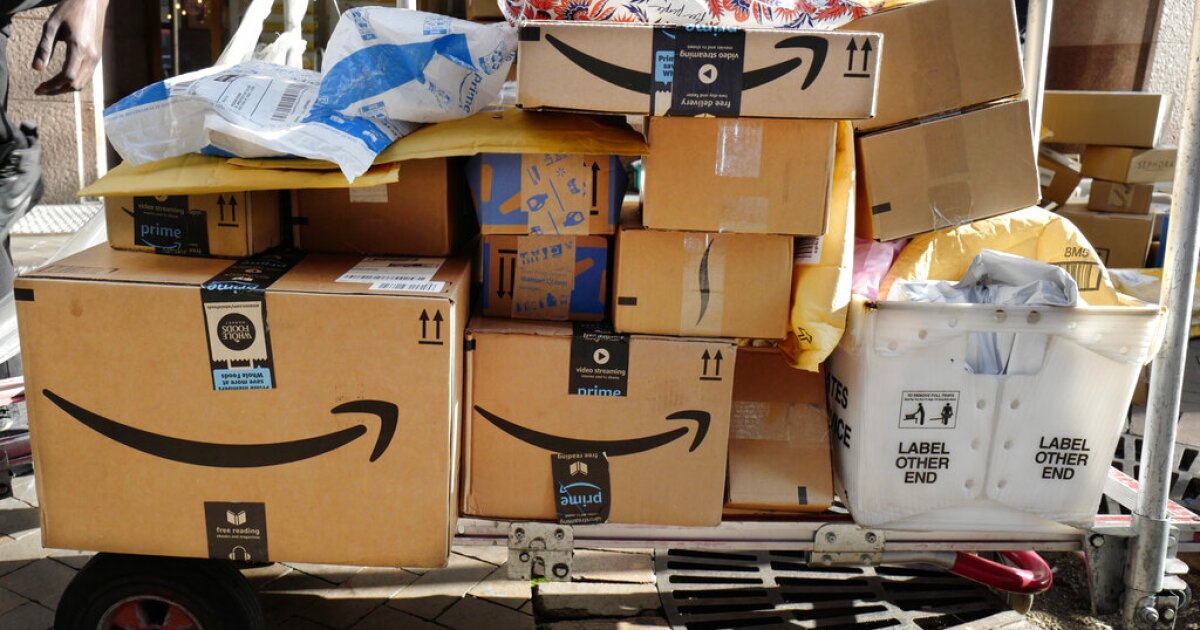

Online retailers and Big Tech giants, including Amazon, are now required to implement rules to stop thieves from reselling old merchandise on their platforms at the risk of steep fines.
The Integrity, Notification, and Fairness in Online Retail Marketplaces for Consumers Act goes into law Tuesday. The law, which Congress passed last summer, will require third-party sellers to provide personal identifying information if they regularly sell products on an online marketplace, such as Amazon or Facebook. It will also require retailers to boot sellers from their platform if they do not receive the relevant information and to provide tools for reporting suspicious behavior.
EVERYTHING TO KNOW ABOUT CALIFORNIA’S REPARATIONS PROPOSAL
“The illegal sales of counterfeits, knockoffs, falsified products and other intellectual property infringing items not only damages legitimate U.S. businesses, but also fuels other illicit crimes and poses significant safety risks for all consumers,” David Kiddoo, the executive director of the Communications Cable and Connectivity Association, said.
“We strongly support legislative efforts to stop bad actors from harming consumers, including increasing penalties against online criminals and providing greater resources for law enforcement,” Amazon wrote in a blog post.
“We are fully prepared to comply with the new law, and we thank the bipartisan congressional sponsors for their leadership in passing the INFORM Act,” an eBay spokesperson told the Washington Examiner.
The INFORM Consumers Act will specifically affect high-volume third-party sellers who conduct 200 or more transactions valued at $5,000 or more over a 12-month period. Affected sellers must provide identifying information, including bank accounts, identification, tax info, and contact info. Marketplaces that fail to comply could face civil penalties of up to $50,120 per violation.
CLICK HERE TO READ MORE FROM THE WASHINGTON EXAMINER
The new law is intended to counter reports of rising organized retail crime. Senior officials from the Department of Homeland Security said in early June that retail crime had become an “absolute threat” due to violent gangs, international crime syndicates, and groups with alleged connections to terrorist groups dabbling more and more with the practice.
The surge in crime has led stores to try to counter theft by putting more products behind glass. Others have closed stores in more populated areas, citing rampant theft.






